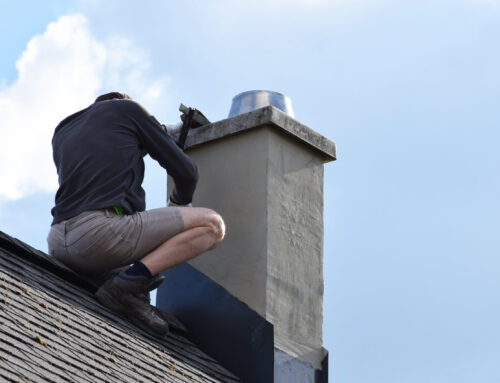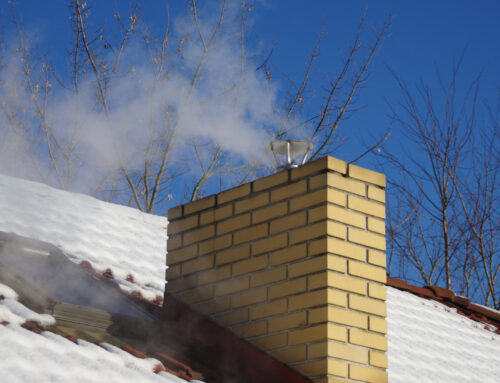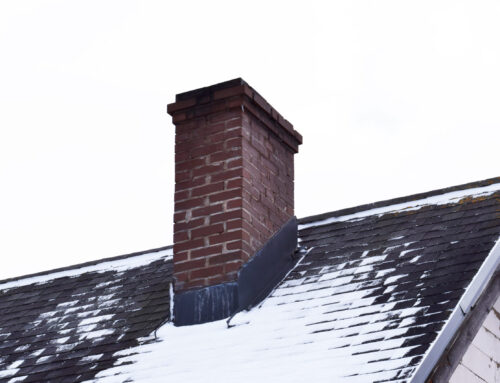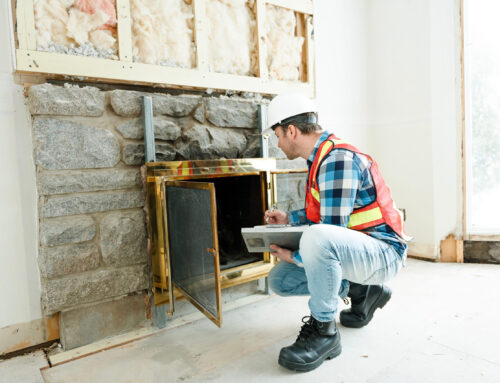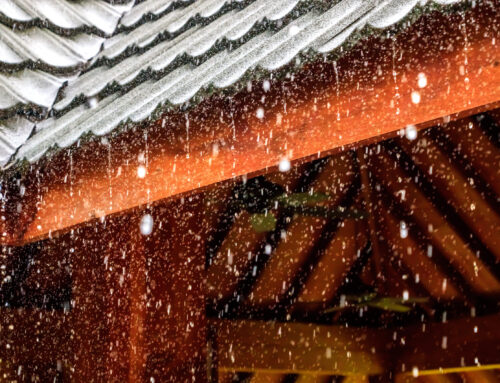
What Are the Most Common Chimney Problems in Older Homes? A 2024 Guide for NE Illinois Residents
When it comes to maintaining an older home, chimneys often get overlooked—until a problem arises. For homeowners in northeastern Illinois, understanding common chimney issues can save you from costly repairs and keep your home safe. In 2024, with weather patterns becoming more unpredictable and building materials aging, it’s more important than ever to stay on top of chimney maintenance. This guide will walk you through the most frequent chimney problems in older homes and how you can address them before they escalate.
The Hidden Dangers of Chimney Cracks
Chimneys are prone to cracking, especially in older homes where the materials have weathered decades of freezing and thawing. One of the most common chimney problems in northeastern Illinois is the formation of cracks in the mortar or brickwork. These cracks can lead to several issues, including water leaks, structural instability, and even the risk of fire.
How to Spot Chimney Cracks in 2024
With advancements in home inspection technology, it’s easier than ever to detect chimney cracks. Homeowners should look for visible cracks on the exterior of the chimney or, better yet, use a professional inspection service that employs cameras to assess the chimney’s interior. In 2024, new moisture-sensing tools are also available that can help detect water penetration, a common consequence of cracked chimneys.
Water Leaks: A Persistent Threat
Water leaks are another prevalent issue, especially in older homes where the chimney flashing (the material that seals the chimney to the roof) may have deteriorated. This is particularly concerning in northeastern Illinois, where the mix of heavy rains and winter snows in 2024 can exacerbate existing leaks.
Preventing Water Damage in Your Chimney
To combat water leaks, ensure your chimney is equipped with a proper cap and that the flashing is intact. Replacing old, worn-out flashing with more durable materials is a wise investment. Additionally, applying a waterproof sealant to the chimney’s exterior can provide an extra layer of protection against the elements.
- Check your chimney cap annually for signs of rust or damage.
- Inspect the flashing after major storms to ensure it hasn’t shifted or cracked.
- Consider waterproofing treatments for your chimney in 2024.
Creosote Buildup: A Silent Danger
Creosote, a byproduct of burning wood, is one of the leading causes of chimney fires. Older chimneys, especially those that haven’t been regularly cleaned, can accumulate significant amounts of creosote. This sticky, tar-like substance is highly flammable and poses a serious risk to your home.
Why 2024 is the Year to Focus on Chimney Cleaning
With many homeowners in northeastern Illinois opting for wood-burning stoves and fireplaces to combat rising heating costs, creosote buildup is an increasingly common chimney problem. Regular cleaning by a certified professional is crucial. In 2024, consider scheduling a chimney cleaning at least once a year—preferably before the winter season—to reduce the risk of fire.
Chimney Blockages: When Your Chimney Can’t Breathe
Blockages are another issue that can plague older chimneys. These blockages can be caused by a variety of factors, including debris from overhanging trees, animal nests, or even old, crumbling mortar. A blocked chimney can lead to poor ventilation, which in turn causes smoke to back up into your home—a health hazard you want to avoid.
Keeping Your Chimney Clear in 2024
In 2024, more homeowners are becoming aware of the importance of chimney caps, which prevent debris and animals from entering the chimney. Regular inspections are also key to ensuring your chimney remains clear. If you’re unsure whether your chimney is blocked, a professional inspection can quickly identify any issues and recommend the best course of action.
Masonry Deterioration: Aging Bricks, Big Problems
Masonry deterioration is a common problem in older homes. Over time, the bricks and mortar that make up your chimney can start to crumble, leading to structural issues and increased vulnerability to the elements. In northeastern Illinois, the fluctuating weather conditions of 2024—ranging from humid summers to harsh winters—can accelerate this deterioration.
Repairing and Rebuilding Chimneys in 2024
If you notice signs of masonry deterioration, such as loose bricks or crumbling mortar, it’s essential to act quickly. In 2024, there are several modern techniques available for repairing and rebuilding chimneys, including tuckpointing (replacing old mortar with new) and applying protective coatings to extend the life of the masonry. A certified chimney professional can assess the damage and recommend the best solution.
Flue Issues: The Invisible Problem
The flue is the passage through which smoke and gases exit your home. In older homes, flue liners can deteriorate or even become completely blocked, leading to dangerous situations. A damaged or blocked flue can cause carbon monoxide to build up inside your home, which is a potentially deadly risk.
Upgrading Your Flue for Safety in 2024
In 2024, flue technology has advanced significantly, making it easier to upgrade or repair your chimney’s flue liner. Homeowners in northeastern Illinois should consider having their flue inspected annually and upgrading to a more durable, modern liner if needed. This small investment can make a huge difference in the safety and efficiency of your chimney.
Final Thoughts: Prioritize Your Chimney’s Health in 2024
As we navigate through 2024, keeping your chimney in top condition is more important than ever, especially in older homes. Regular inspections, timely repairs, and staying informed about the latest chimney maintenance techniques can save you time, money, and stress in the long run. Remember, a well-maintained chimney not only adds value to your home but also ensures the safety of your family.
Schedule Your 2024 Chimney Inspection Today!
Don’t wait until a minor issue turns into a major problem. Contact Elite Chimney today to schedule your 2024 chimney inspection. Whether you’re dealing with cracks, leaks, or just need a routine cleaning, our team of certified professionals is here to help you maintain a safe and efficient chimney.

